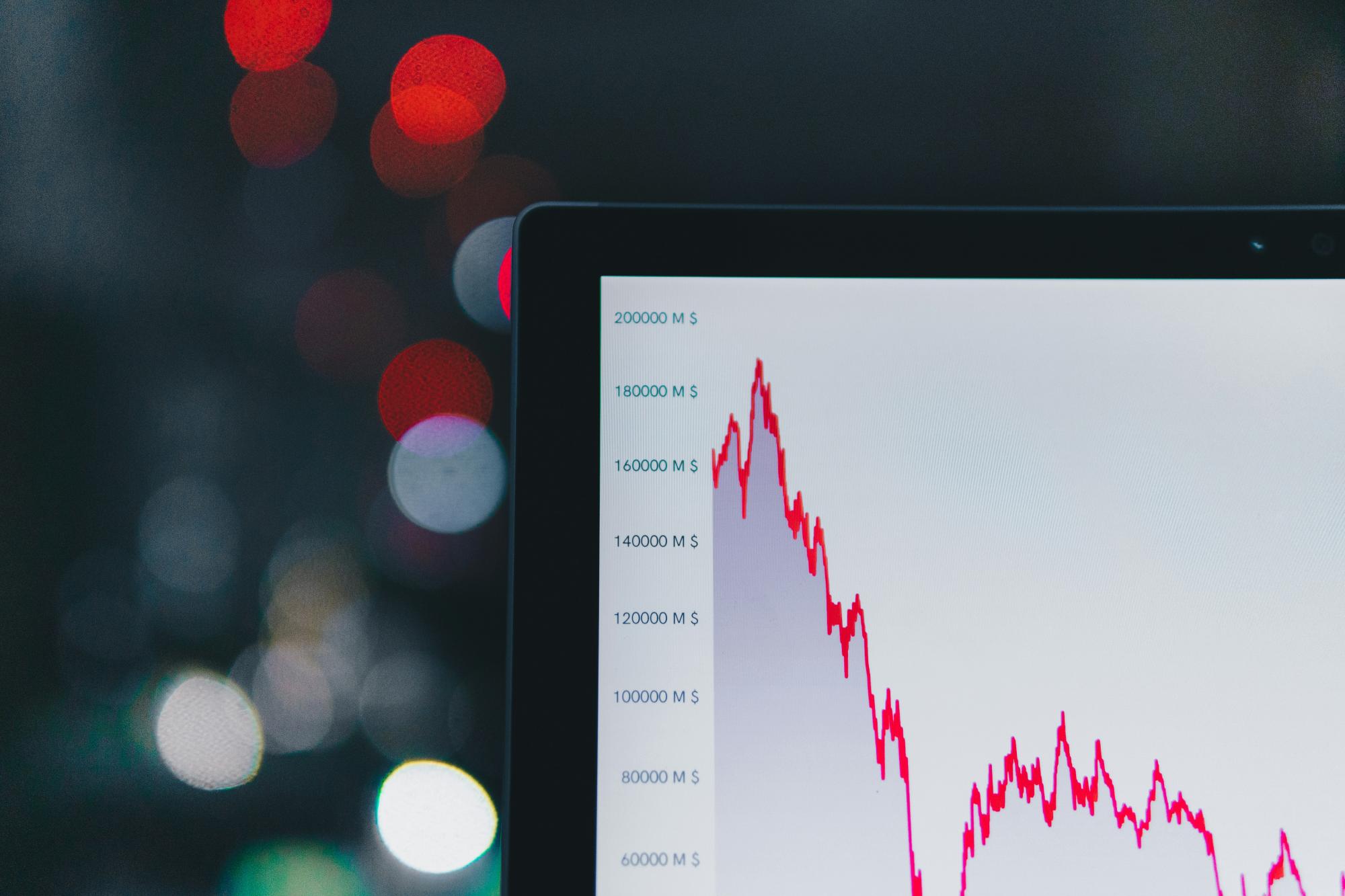Test- FTSE 100 Kicks Off August on a High as BP and Senior Lead Market Momentum
$11
10 Oct 2025, 13:13

Unsplash.com

Friday saw a sell-off in most Asian equities, with Chinese markets leading losses due to concerns about more domestic and international regulatory obstacles. Meanwhile, Japan's Nikkei 225 saw no further gains following robust inflation statistics.
The Swiss National Bank unexpectedly lowered interest rates, shocking the world markets. The action prompted excessive dollar inflows, which put pressure on riskier assets located outside of the US.
Asian markets, which finished at record highs on Thursday, mostly disregarded Wall Street's robust lead-in. In Asian trading, U.S. stock futures likewise pared early gains and moved in a sluggish fashion.
Fears of more U.S. sanctions caused Chinese technology markets to plummet when a senior Commerce Department official said that SMIC, the nation's largest chipmaker, could have broken trade laws by producing a processor for a flagship Huawei phone.
Semiconductor Manufacturing International, or SMIC, fell more than 5% in Hong Kong trading as the chipmaker's losses spread to other technology firms.
Reports of a new U.S. bill that will restrict American mutual fund companies' involvement in Chinese equities also soured sentiment against China. A significant drop in foreign capital flows to the nation would result from such a change.
The Nikkei 225 index in Japan stayed unchanged on Friday following a short 1% increase to a new high of over 41,000 points.
However, the Nikkei's gains were fleeting when statistics revealed that the consumer price index (CPI) in Japan increased substantially in February. The report supported the Bank of Japan's hawkish long-term view and came only days after the BOJ's historic interest rate rise.
Over in the UK, the Office for National Statistics released data on Friday that indicated that, although climbing by a revised 3.6% in January, British retail sales surprisingly stayed constant in February.
According to ONS senior statistician Heather Bovill, "There was growth in clothing, which rebounded after recent falls as people invested in the new season's collections, as well as department stores."
(Sources: investing.com, reuters.com)